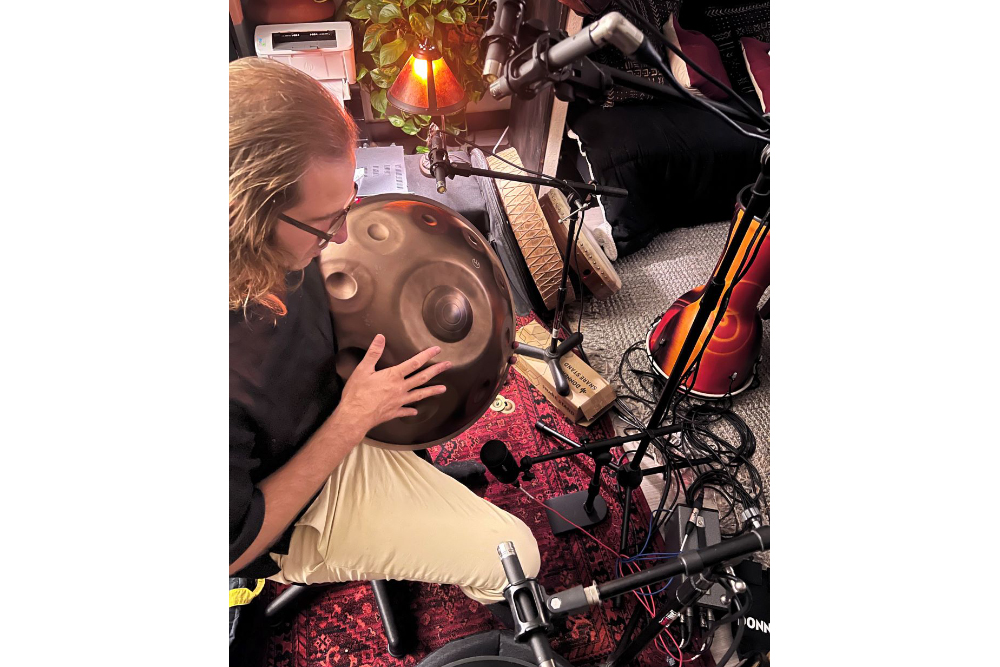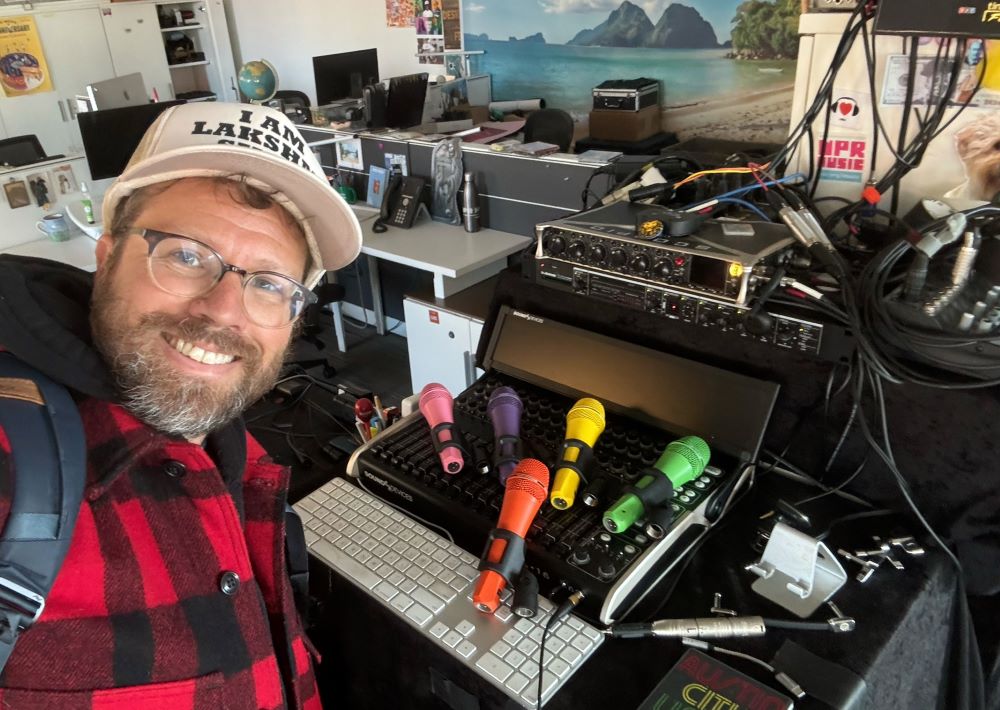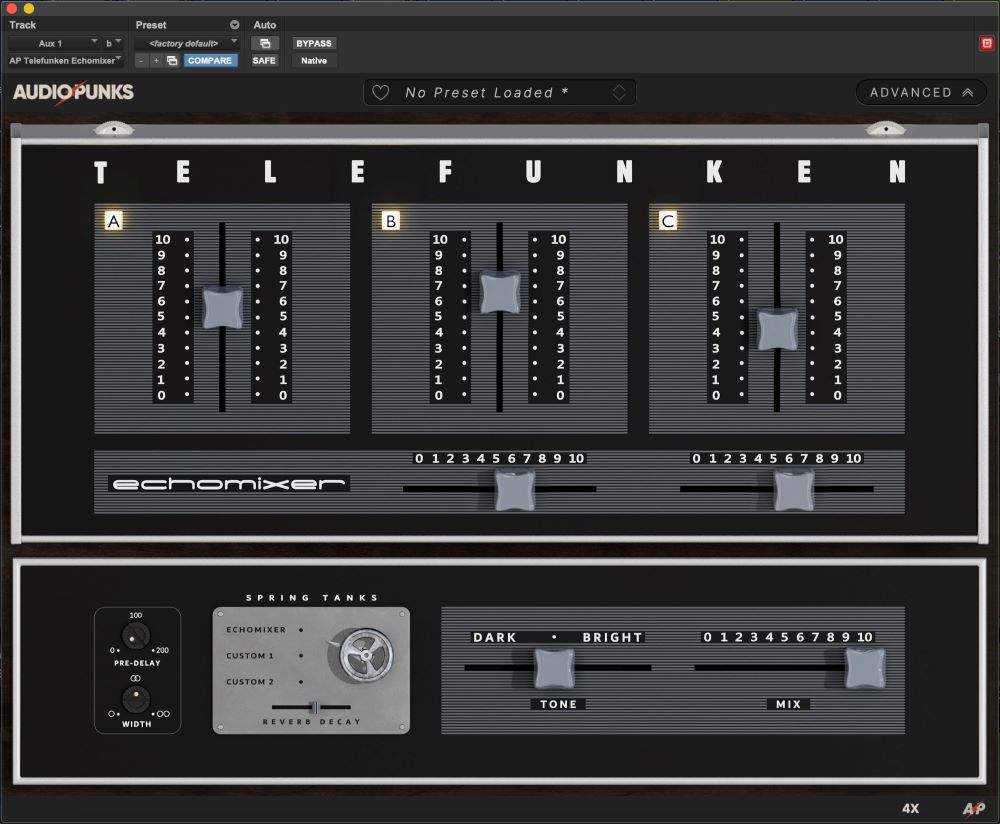Many years ago, I was asked to accompany the president of Neumann Berlin to Aspen, CO to attend a music festival, specifically the Aspen Festival, a classical music mecca held in the Rocky Mountains during the summer months. Musicians, conductors, and classical recording students converge there to learn the trade and get experience practicing their crafts.
At the time, Ron Streicher was the event’s audio production manager in addition to serving as the main instructor for the program. Ron asked both of us to make presentations to the students. The president of Neumann talked about the history of the company and the current state of microphone technology, while I chose to discuss “Careers in Pro Audio.”
My thought was that the students might not know the wide variety of careers in audio that were available, especially seeing that “classical recording engineer” was a fairly rarified job even then.
I remember getting pushback for my idea from two different directions. First, my colleague at Neumann gave me a hard time because I was really only a few years into my profession at that point, and yet here I was talking about career choices. I didn’t let it bother me, confident at that point that I would indeed have a long and varied career in my chosen field.
The other pushback I received, though, occupies my thinking to this day. To put it mildly, the students were not thrilled with my approach in informing them of all of the possible career tracks and potential job specializations.
Immediately afterward, I concluded that they saw themselves as recording engineers, so occupations such as “product manager at a manufacturer” or “AV consultant” were very far from the center of their universe at the time.
Diverging Paths
Through the magic of hindsight on both concepts, I can say that first, I was right in believing that I’d enjoy a long, varied pro audio career, even though it’s still far from over (25-plus years and counting). By the age of 19 or so, I knew that this is the field I wanted to be in, although like those students, I believed I’d be a recording engineer/producer and make hit records, or at least records that would achieve critical acclaim.
Instead, my goals needed to be modified as time passed, an endeavor involving learning new skills, changing attitudes and desires based on experience in the field, and taking advantage of opportunities that came my way. But perhaps more importantly, I’ve come to believe that in some ways, those students were right: we should never give up on our dreams, even when the chances are slim that things will work out exactly as we hope.
That said, it’s still always a good idea to know what we’re up against in our quests, and to do some realistic career planning. There really is a wide variety of options open in any given field, many of which aren’t obvious to those just starting out.
But this begs the question: How do you define yourself? And, conversely, how does your career define you? The truth is that these are not always easy questions to answer. When one is younger and perhaps a bit naïve, the first question is likely the easier one to answer. On the other hand, the second question is easier to address as we go along through our lives and our careers, and thus gain perspective.
However, there’s another question in between these two that’s perhaps the most important one to answer: How do I stay true to myself as I advance through my career? This can be a difficult challenge for many. Sometimes, to quote an industry colleague, “they show up with a dump truck full of cash and you have to take it.” I’m not so sure about that.
Contemplating Issues
One way we can look at ourselves is as a brand. If we look at the field of marketing, specifically the idea of “brand positioning,” we’re aware that it can be very difficult for consumers to adjust when a brand tries to make a big change. This is why Honda started the Acura brand, why Nissan created Infiniti, and why Toyota formulated Lexus. With a new brand, a new identity can be created, accompanied by new and unique positioning.
What about when we try to do this ourselves? For instance, does it make sense for someone known as the “high-end console person” to go to work for a company making $300 mixers and selling on volume? Or vise versa, what about the person known for “DJ sound on a stick” in the local market trying to move into a major regional sound company as an account rep?
I do believe that if it’s done right in terms of re-branding ourselves, such moves can be successful. But care is required. And sometimes we need a sanity check, too.
How important is money? Generally pretty darn important, especially if we don’t have any. Where it gets tricky, though, is when we might be asked to trade our personal integrity for more money. How much is enough? Are we being compensated fairly?
After contemplating these issues, we also need to address whether or not we’re being treated fairly (and perhaps well) in our profession, and whether or not we’re happy doing what we’re doing. It’s important to enjoy our occupation or at least be satisfied that we’re doing good work and perhaps making a difference.
If not, it might be time to re-arrange things. For many, that means keeping up meaningful hobbies, doing volunteer work, taking family vacations, and the like.
It’s been my observation, developed over many years, that most of us have a deep need to believe that our work and careers are fulfilling and in keeping with who we are as people and as professionals.
I consider myself extremely fortunate to be a part of the world of professional audio and to have all of you as friends and colleagues. See you at the next trade show?




















